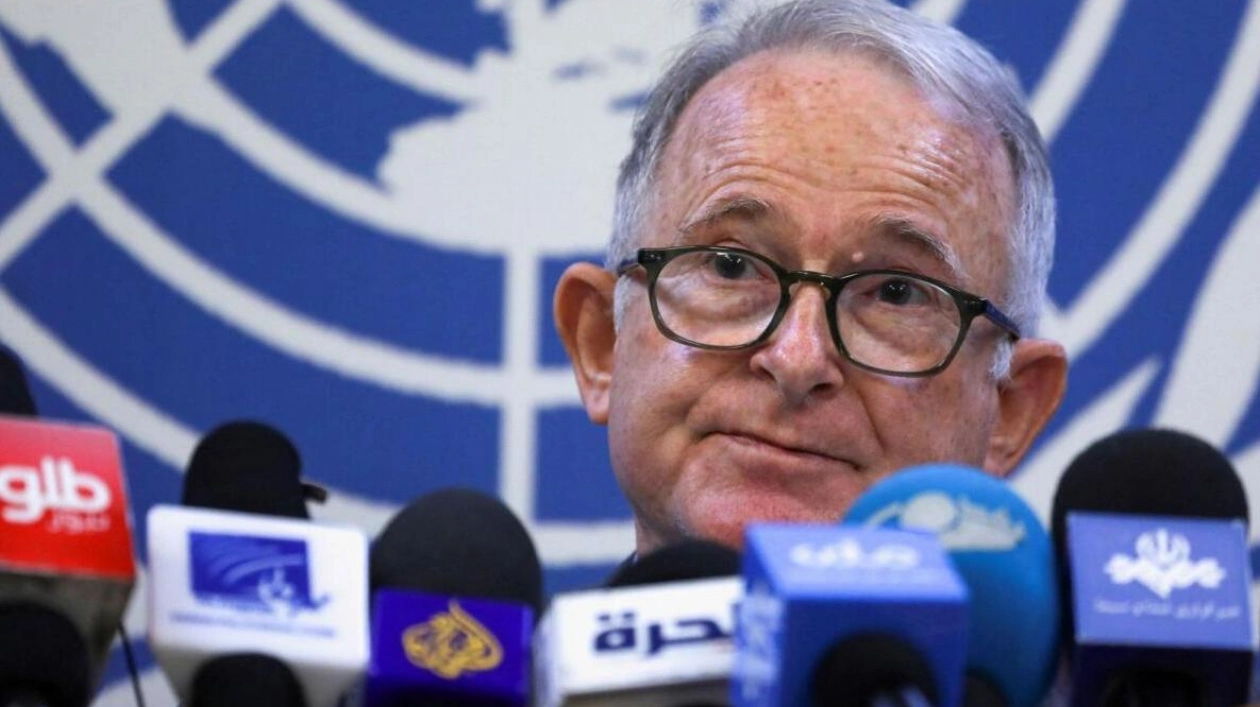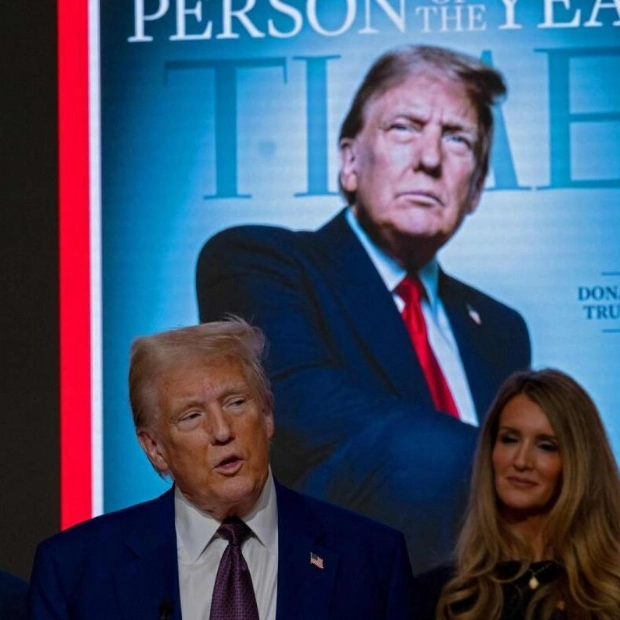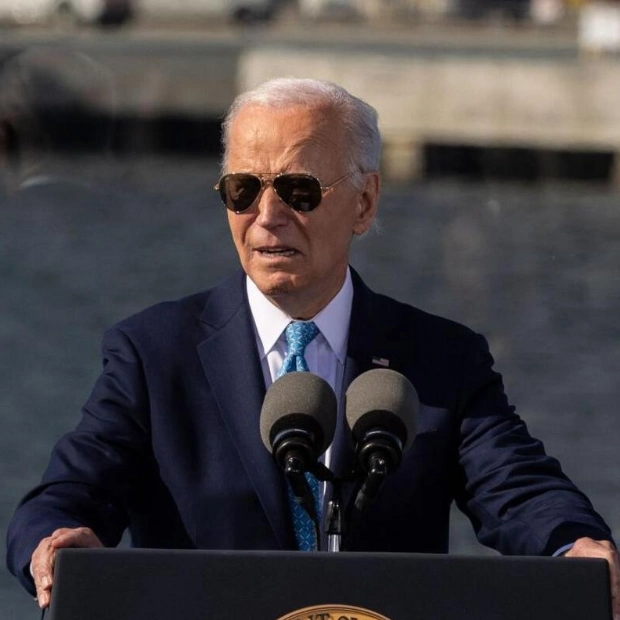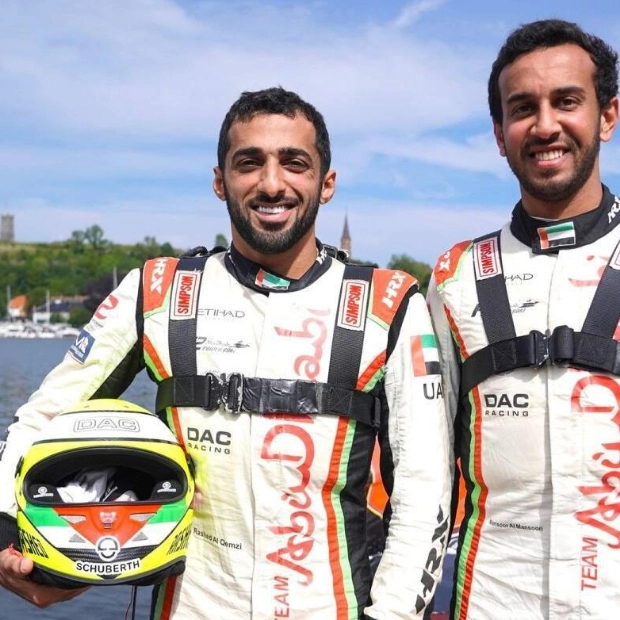The Taliban administration has prevented Richard Bennett, a special rapporteur appointed by the United Nations, from entering Afghanistan, according to a spokesperson for the administration who spoke to local broadcaster Tolo. The spokesperson accused Bennett, who was appointed by the UN Human Rights Council in 2022 to monitor human rights in Afghanistan following the Taliban's takeover, of spreading propaganda. Bennett, who has previously criticized the Taliban's treatment of women and girls, is based outside Afghanistan but has conducted several visits to research the situation. The UN Human Rights Council did not respond immediately to requests for comment, and Bennett could not be reached for comment.
Abdul Qahar Balkhi, the foreign ministry spokesperson for the Taliban administration, stated that Bennett had been unable to obtain a travel visa to Afghanistan. Balkhi added that despite repeated requests for professionalism, it was decided that Bennett's reports were based on prejudices and anecdotes that were harmful to Afghanistan and its people. Zabihullah Mujahid, another spokesperson for the Taliban administration, has previously stated that the Taliban respects women's rights according to Islamic law and local customs. Mujahid told Tolo that Bennett would not be allowed to enter Afghanistan, marking a rare public exclusion of a foreign official.
The Taliban, three years into their rule following the withdrawal of foreign forces, have not received formal recognition from any foreign government. Foreign officials, including those from Washington, have indicated that recognition is contingent upon changes in the Taliban's stance on women's rights. This includes allowing girls over the age of 12 to attend schools and universities, permitting women to enter parks, and lifting restrictions on long-distance travel without a male guardian. Afghanistan's central bank assets remain frozen, and many senior Taliban officials are subject to UN travel restrictions that require them to seek exemptions to travel to other countries.
The UN has been working to establish a unified international approach to dealing with the Taliban. In June, top UN officials and envoys from up to 25 countries met with the Taliban in Qatar, a meeting that drew criticism from human rights groups for excluding Afghan women and civil society representatives. The UN mission in Afghanistan, which operates from Kabul, continues to monitor and report on human rights issues.






